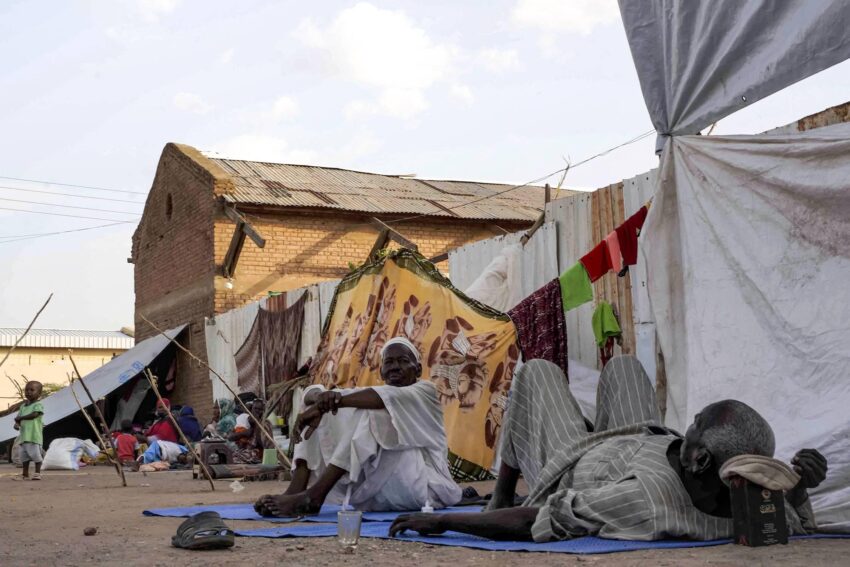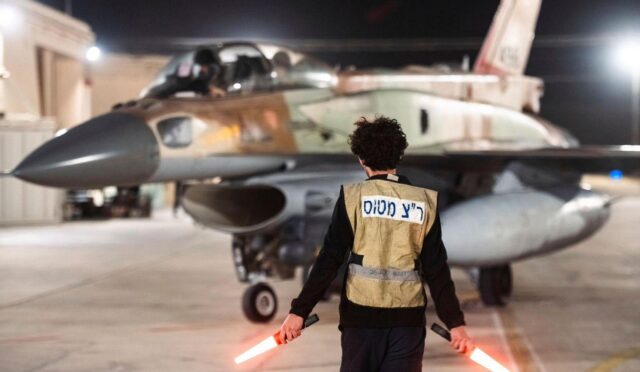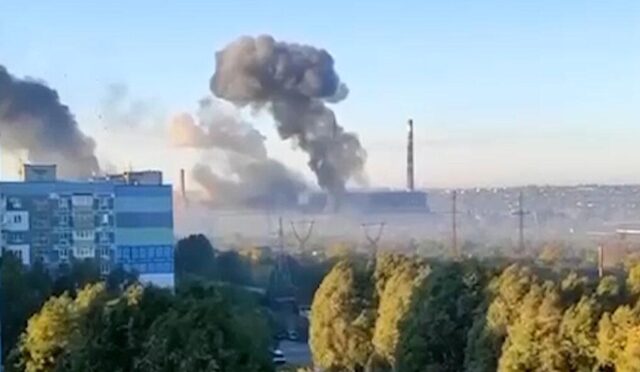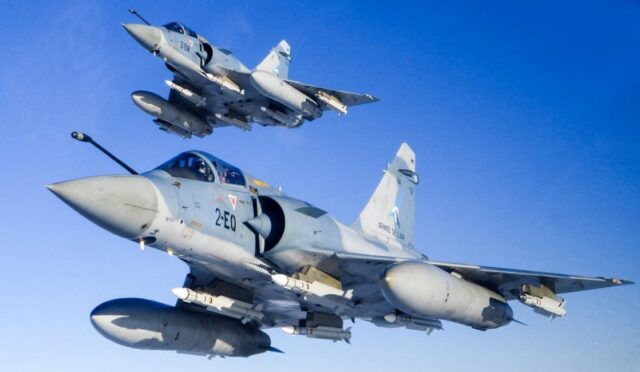Sudan Conflict: Burhan Declares Khartoum Free of RSF
In a major development in Sudan’s ongoing conflict, army chief Abdel Fattah al-Burhan made a triumphant return to the recaptured presidential palace in Khartoum on Wednesday, announcing that the capital is now free from the grip of the paramilitary Rapid Support Forces (RSF). Burhan, who effectively leads the nation, shared this victory through a televised broadcast, marking the end of an extensive operation aimed at reclaiming state institutions that had fallen under RSF control during two years of violent confrontation.
Dressed in military fatigues, Burhan confidently toured the remnants of the once-splendid palace, raising his fist in a gesture of triumph as his soldiers filled the air with chants of ‘God is greatest.’ The physical state of the palace, with its shattered windows and debris littering the halls, starkly illustrated the toll of the fierce battles that had raged across the capital.
Background of the Conflict
The conflict erupted in April 2023 when Burhan clashed with his former deputy, RSF commander Mohamed Hamdan Daglo. In the chaos that ensued, the RSF swiftly established dominance over the government districts in Khartoum, forcing officials to flee to Port Sudan on the Red Sea coast. Although Burhan’s forces have inflicted substantial losses on the RSF, experts caution that the situation remains precarious, especially with the RSF forming new alliances in southern Sudan.
As the situation evolved, the army reported securing Khartoum’s airport from RSF forces and encircling the paramilitary’s last stronghold near the city center. However, this strategic gain follows a tragic incident the day prior when an air strike attributed to the army resulted in numerous civilian casualties in a Darfur marketplace, with reports of at least 270 bodies being counted.
Military Movements and Civilian Impact
Eyewitnesses indicated that RSF fighters are now retreating southward, utilizing the Jebel Awliya bridge as their last exit route from Khartoum. This corridor connects RSF positions in the west and serves as a gateway to their strongholds in Darfur. As tensions continue to escalate, the RSF remained silent when approached for comment regarding their withdrawals from the capital.
The conflict, which has resulted in tens of thousands of deaths and displaced over 12 million people, has exacerbated a humanitarian crisis of unprecedented scale. The country remains divided, with the army controlling northeastern and central regions while the RSF consolidates its power in Darfur and parts of the south.
RSF’s New Alliances and Extended Struggles
On the same day of Burhan’s declaration, the RSF announced a formal military alliance with the Sudan People’s Liberation Movement-North, led by Abdelaziz al-Hilu. This rebel group governs critical border areas adjacent to South Sudan and Ethiopia, complicating the already tumultuous landscape of conflict in Sudan.
Since the conflict began, the army has increasingly turned the tide, reclaiming significant ground that had been lost due to RSF aggression. However, while the army has made advancements, experts note that the RSF still retains influence in key areas, maintaining its presence around Jebel Awliya and parts of Omdurman.
Civilians Celebrate the Army’s Progress
As news of RSF retreats spread, celebrations erupted among civilians in Central Khartoum, who voiced their relief at the prospect of a more secure environment. Footage emerging from the area depicted residents jubilantly celebrating their newfound freedom, with a young army ally emotionally embracing civilians in a powerful display of solidarity.
In Port Sudan, where many have sought refuge from the violence, crowds gathered to commemorate what they interpreted as a turning point in the conflict, chanting phrases like ‘one people, one army’ in support of Burhan’s forces.
Concerns Over Human Rights Violations
Despite the celebrations, the backdrop of this conflict has been marred by accusations of severe human rights violations conducted by RSF forces, including looting and the systematic targeting of civilians. These actions have prompted international condemnation and sanctions against both Burhan and Daglo, particularly for the alleged genocidal acts committed by the RSF in Darfur.
The United Nations has raised alarms over the humanitarian conditions in Sudan, especially concerning recent violent incidents that have affected ordinary civilians. The UN humanitarian coordinator lamented that spaces meant for daily living, such as markets, have instead become sites of tragedy and loss.
Evolving Dynamics on the Ground
Analysts caution that while the army is gaining ground, the RSF’s ability to regroup or retaliate poses an ongoing threat to stability. The army’s actions have led to a double-edged sword outcome as retaliatory attacks on civilians suspected of collaborating with the RSF emerge, further complicating the humanitarian situation.
The conflict continues to evolve, with shifts in control and territorial claims leading to new alliances and rising tensions. In this chaotic landscape, the priority must remain on protecting civilians and restoring order to a war-torn nation seeking hope amid despair.







